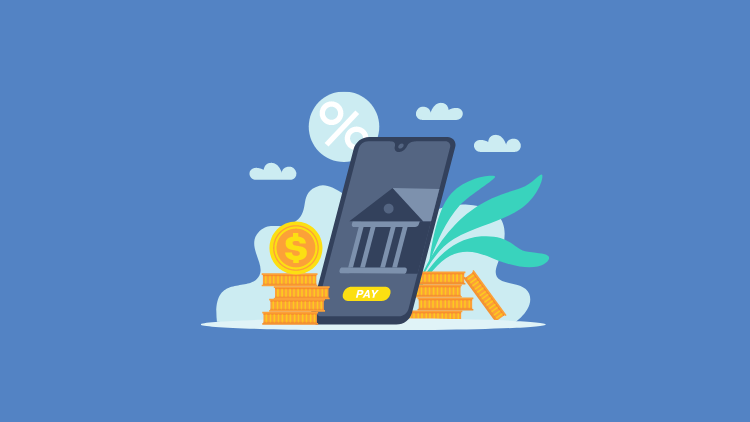Member Exclusive, Payments
Payments Briefing: BNPL will soon play a much bigger role in credit scores
- Credit bureaus in the US are working to implement standardized credit reporting plans on BNPL loans.
- BNPL use may start to play a much bigger role in consumers’ credit ratings.









